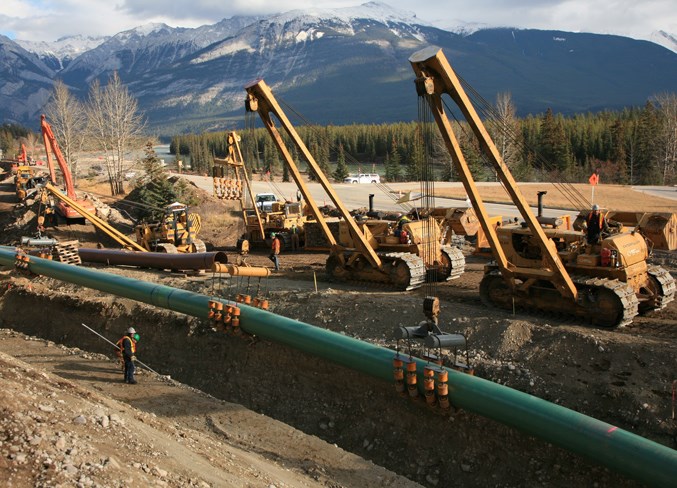Politicians are addicted to failures. Our political leaders, MPs and MLAs like bad news because they can wag fingers of blame at other leaders, MPs and MLAs.
The federal appeal court decision quashing the Trans Mountain expansion touched off a blame game.
We are told the courts are to blame. The Alberta government failed. Notley is finished. The federal government is too flighty to deal with weighty matters. Environmentalists are hypocrites. The National Energy Board was inadequate to the task. First Nations have a veto; Burnaby is irrational. Oilsands are ruining the planet. Or so we are told.
Journalists egg the blamers on and reap headlines.
Distrust looms large in the failure of the Trans Mountain expansion.
The environmental movement went to war for the hearts and minds of Canadians on the issue of the climate impact of the oilsands.
The oil industry and its economic stakeholders stayed home and left the field of battle to groups who saw themselves as sworn enemies to the oilsands.
So the environmentalists won the battle for the hearts and minds of Canadians, slogans like “dirty oil” became conventional wisdom, and a majority of Canadians learned to distrust the oilsands.
Meanwhile, senior executives and directors of Canadian oil, gas, and oilsands producers pooh-poohed the dissent and denigrated the dissenters.
When the polls warned that the other side was winning, the same executives and directors expected their communications professionals to put down the dissent, cheaply and quickly, by inundating the public with a blizzard of facts.
But it’s too late to tell someone they are wrong if their sense of rightness is emotional as well as intellectual.
I’m guilty of oversimplifying something that unfolded over several years, but this captures its essence.
There were exceptions but this is a case where the exceptions prove the rule that the oil producers and pipeline companies like Kinder Morgan, owner of Trans Mountain, never built healthy relationships with the people directly affected by their work and those who felt a connection through climate change.
One of the exceptions was here in this region, where 25 years ago, the Sundre Petroleum Operators Group addressed the drilling and production of sour gas containing deadly hydrogen sulfide.
An advisory group was established to think through and set community standards, called performance measures, for every aspect of the drilling, gathering and processing of the sour gas.
Not everyone agreed with the performance measures but everyone who wanted to be was at the table and influenced the performance measures.
The companies sought to understand the community before they expected the community to understand them.
Trans Mountain pipeline will be built when pipeliners first initiate that kind of relationships.
Frank Dabbs is a veteran business and political journalist and author.

